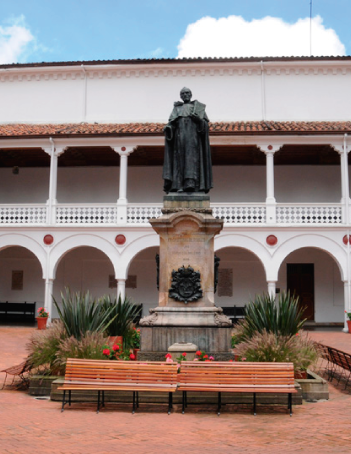State crises, the left, and democracy in contemporary South America -- Explaining divergent party system trajectories and regime dynamics -- Venezuela : development of a highly polarizing party system -- Brazil : development of a weakly polarizing party system -- Democratic erosion in Venezuela, representative democracy in Brazil -- Bolivia and Ecuador : high polarization and democratic erosion -- Chile and Uruguay : low polarization and representative democracy -- Paraguay and Peru : low polarization and polyarchy -- Longer-term legacies and comparative perspectives around the world -- Appendix A: Operationalization of state crisis and left-wing infrastructure -- Appendix B: Operationalization of polarization and regime categories.
This book offers a novel political-institutional explanation for variation in political polarization, outsider populism, and the fate of democratic regimes across twenty-first-century South America. Drawing upon a wealth of primary evidence and employing process tracing tests to evaluate key causal claims, the book examines how the occurrence - or not - of state crises and the inherited strength of left wing political actors combined to push countries onto distinct party system trajectories characterized by different kinds of left parties and movements, highly variant levels of polarization, and ultimately divergent political regime dynamics. The book challenges extant interpretations of political variation during Latin America's turn to the left, which have centered on economic explanations. It also develops new theoretical propositions for understanding polarization, populism, and democratic erosion in young democracies across the world.

Escuela de administración
Facultad de Jurisprudencia
Facultad de Ciencias
Escuela de Ciencias
Escuela de Medicina
Facultad de Economía
Facultad de Estudios
Facultad de Creación
Escuela de Ingeniería,
Otras Ofertas
 Historia y símbolos
Historia y símbolos
 Enfoque estratégico
Enfoque estratégico
 Gobierno universitario
Gobierno universitario
 Playbok - Nuestros pilares de transformación
Playbok - Nuestros pilares de transformación
 Protocolo de seguridad
Protocolo de seguridad
 Archivo histórico
Archivo histórico
 Portafolio de becas, descuentos y apoyo financiero
Portafolio de becas, descuentos y apoyo financiero
 Casa UR
Casa UR






 Proyección social
Proyección social Filantropía
Filantropía Hagámoslo posible
Hagámoslo posible

 Libro de reserva
Libro de reserva
 Libro
Libro







